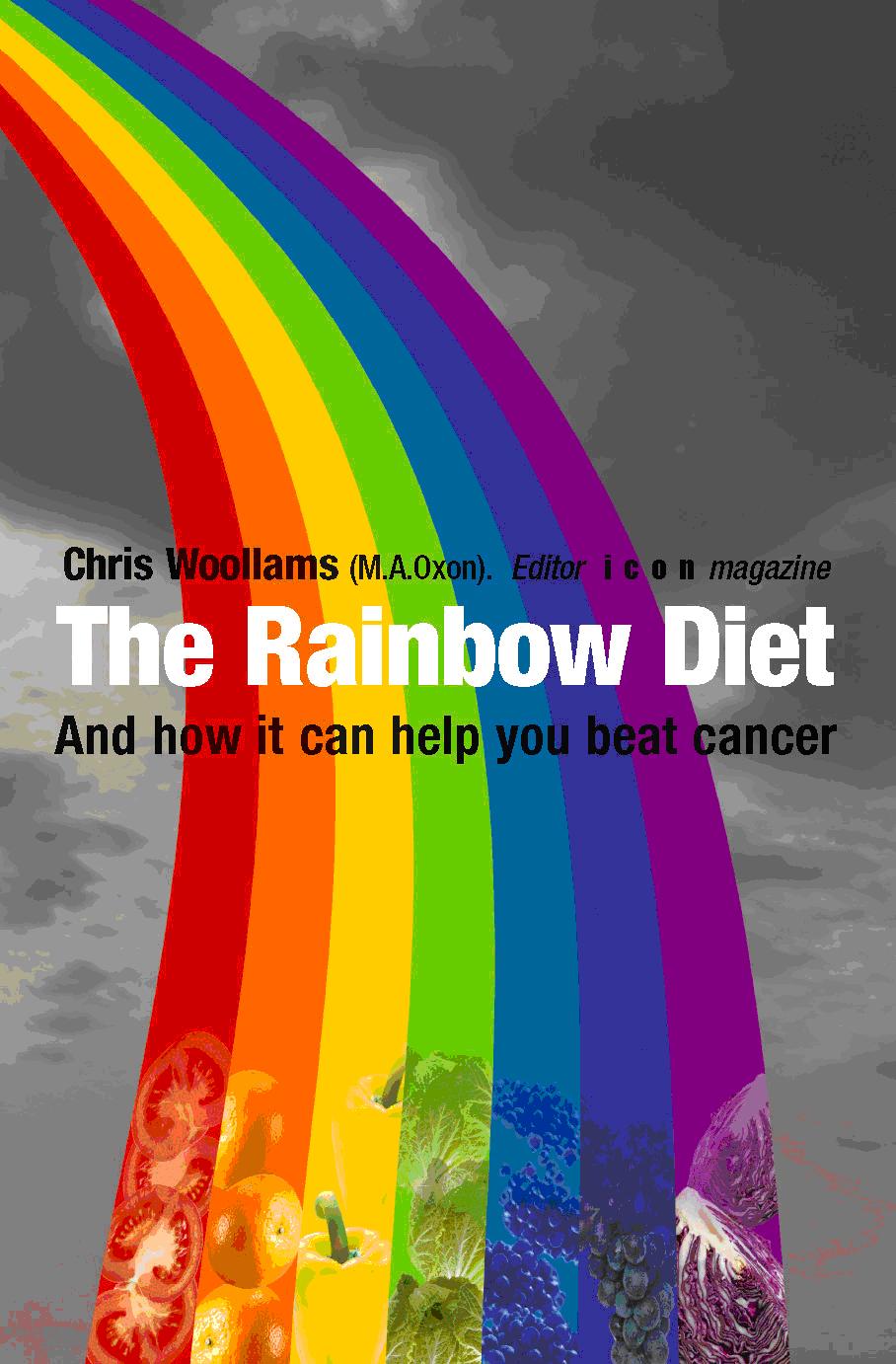Vitamin D supplements could slow or even reverse the progression of less aggressive, or low-grade, prostate tumors without the need for surgery or radiation. That is according to new research on the subject. However the researchers report that higher doses of vitamin D could have significant benefits with more advance prostate cancer, but this was outside the scope of their study and nothing is confirmed as yet.
The research came from a team at the University of Southern Carolina and was reported at the 249th National Meeting & Exposition of the American Chemical Society (ACS), March 22nd 2015.
If a tumor is present in a prostate biopsy, a pathologist grades its aggressiveness on a scale known as the Gleason Grading System. Tumors with Gleason scores of 7 and above are considered aggressive and likely to spread, requiring surgical removal of the prostate gland (prostatectomy) or radiation therapy. In contrast, prostate tumors with Gleason scores of 6 and below are less aggressive, and in some cases may cause no symptoms or health problems for the duration of the mans life.
"In cases of low-grade prostate cancer, many urologists do not treat the disease, but instead do whats called active surveillance, says Bruce Hollis, Ph.D., who is at the Medical University of South Carolina. The cure meaning surgery or radiation is probably worse than the disease, so they wait a year and then do another biopsy to see where the patient stands.
However, knowing that they have even low-grade prostate cancer can cause patients and their families excessive anxiety, which prompts some of the men to undergo an elective prostatectomy, despite the risk of complications such as infection, urinary incontinence and erectile dysfunction. But a man must wait 60 days from the time of his biopsy before he can undergo a prostatectomy, so that inflammation from the biopsy can subside.
Hollis wondered if giving these men vitamin D supplements during the 60-day waiting period would affect their prostate cancer. His previous research had shown that when men with low-grade prostate cancer took vitamin D supplements for a year, 55 percent of them showed decreased Gleason scores or even complete disappearance of their tumors compared to their biopsies a year before (J. Clin. Endocrinol. Metab., 2012, DOI: 10.1210/jc.2012-1451).
In a new randomized, controlled clinical trial, his team assigned 37 men undergoing elective prostatectomies either to a group that received 4,000 U of vitamin D per day, or to a placebo group that didnt receive vitamin D. The mens prostate glands were removed and examined 60 days later.
If you are already thinking about supplementing with vitamin D you might like to look at Natural Selections Products of Choice
Preliminary results from this study indicate that many of the men who received vitamin D showed improvements in their prostate tumors, whereas the tumors in the placebo group either stayed the same or got worse. Also, vitamin D caused dramatic changes in the expression levels of many cell lipids and proteins, particularly those involved in inflammation. Cancer is associated with inflammation, especially in the prostate gland, says Hollis. Vitamin D is really fighting this inflammation within the gland.
The protein most strongly induced by vitamin D was one called growth differentiation factor 15 (GDF15). Previous studies by other groups showed that GDF15 dials down inflammation, and many aggressive prostate cancers make little or no GDF15.
The new research suggests that vitamin D supplementation may improve low-grade prostate cancers by reducing inflammation, perhaps lessening the need for eventual surgery or radiation treatment.
We dont know yet whether vitamin D treats or prevents prostate cancer, says Hollis. At the minimum, what it may do is keep lower-grade prostate cancers from going ballistic.
Hollis notes that the dosage of vitamin D administered in the study 4,000 IUs is well below the 10,00020,000 IUs that the human body can make from daily sun exposure. Were treating these guys with normal body levels of vitamin D, he says. We havent even moved into the pharmacological levels yet.

 At Last - the definitive, research based book on how to build a diet to help beat cancer.Click hereto read about it.
At Last - the definitive, research based book on how to build a diet to help beat cancer.Click hereto read about it.
To read more on Vitamin D and cancer CLICK HERE